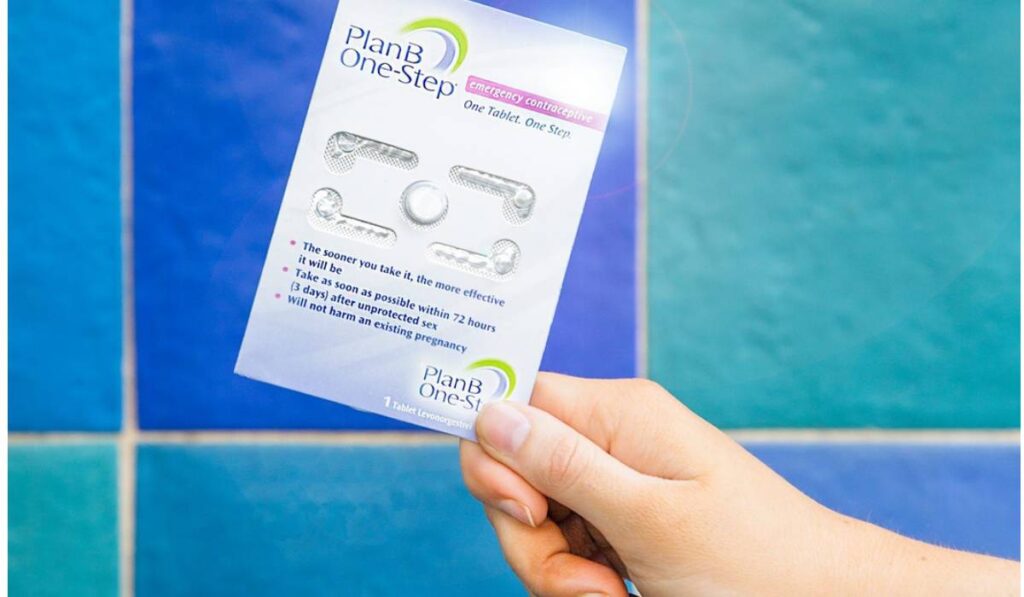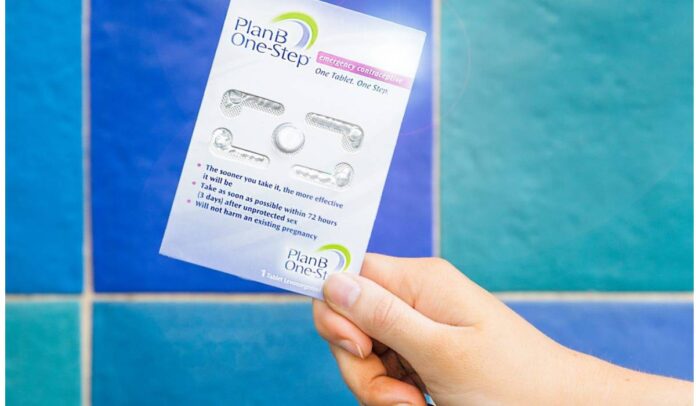
In 2019, a young woman entered a Minnesota Pharmacy and requested contraceptive pills that would halt a pregnancy before it forms. However, the pharmacist, a self-proclaimed religious man, refused to sell any to her, prompting her to sue.
In a court hearing, the woman’s attorneys told the Minnesota Court of Appeals that the pharmacist discriminated against her because of her sex. However, an attorney for George Badeaux, the pharmacist, said his refusal to sell the drug due to his religious beliefs violates neither state nor federal law.
In 2022, a jury ruled that Badeaux did not discriminate against Andrea Anderson, the woman in question. The jury also granted Anderson $25,000 due to emotional harm. However, it is money she can’t collect because there is no proof of Badeaux’s discrimination.
Gender Justice, an advocacy organization for gender equity, and other lawyers for Anderson appealed the jury’s ruling in 2023. Braverman, the legal director for Gender Justice, believes it was discrimination based on pregnancy and said as much in court.
ALSO READ: Kansas Judge Overturns Abortion Laws Amidst Abortion Ban Pandemic
Braverman also says that Badeaux illegally discriminated against Anderson based on her sex. All because he refused to fill her prescription for a drug only prescribed to women.
Anderson had to make a round trip of 100 miles just to get her prescription. All because of Badeaux’s whim. Rory Gray, a lawyer for Badeaux, believes that federal and state law can’t classify Badeaux’s actions as pregnancy discrimination.
POLL — Should Abortion Be Legal in Most Cases?
The Minnesota Human Rights Act “is focused on motives, not consequences,” Gray said. “Mr. Badeaux had to have a discriminatory motive. The jury found that he did not. And that’s backed up by the statute, which does not impact so much what is done as to why it’s done.”
Braverman disagreed, saying: “That’s not an element of a discrimination claim. It’s simply whether they denied the person full and equal access to goods and services.”
“The problem that happened here was that the court instructed the jury that if Mr. Badeaux didn’t intend to cause Ms. Anderson harm and stigma and shame, then they have not committed discrimination. And that is not the law in Minnesota — it’s whether you intended to discriminate, which we have … uncontroverted testimony of that here,” Braverman continued.
ALSO READ: Study Reveals U.S. States With Abortion Bans Recorded Increased Natality
The panel of three judges has 90 days to rule on the appeal. The U.S. Supreme Court put an end to constitutional protections for abortion last year. Since then, some states have expanded access to emergency contraceptives and birth control. At the same time, other states have restricted access and even enforced abortion bans.
Many universities across the country now allow emergency contraceptives in vending machines. Some, such as the University of Tulsa in Oklahoma, do this even though they are in states where abortion is essentially banned.
You Might Also Like:
90-Year-Old Woman Bags Master’s Degree From University of North Texas
Experts Warn Biden’s Student Loan Forgiveness is a Bad Idea
Five Kids Pass Tragically in Arizona House Fire Incident
This Scenic Colorado City Is the Most Serene Place to Live in the U.S.
“Enforce It, and We’ll Sue!” Feds Warn Texas Gov. Greg Abbott on His New Immigration Law


